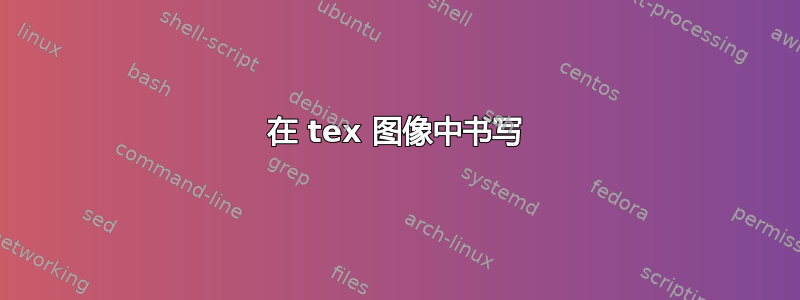
我有以下立方体(取自那里):
\documentclass[border=5pt, multi, tikz]{standalone}
\usetikzlibrary{quotes,arrows.meta}
\begin{document}
\begin{tikzpicture}[every edge quotes/.append style={auto, text=blue}]
\pgfmathsetmacro{\cubex}{6}
\pgfmathsetmacro{\cubey}{6}
\pgfmathsetmacro{\cubez}{6}
\draw [draw=black, every edge/.append style={draw=black, densely dashed, opacity=.5}, fill=white]
(0,0,0) coordinate (o) -- ++(-\cubex,0,0) coordinate (a) -- ++(0,-\cubey,0) coordinate (b) edge coordinate [pos=1] (g) ++(0,0,-\cubez) -- ++(\cubex,0,0) coordinate (c) -- cycle
(o) -- ++(0,0,-\cubez) coordinate (d) -- ++(0,-\cubey,0) coordinate (e) edge (g) -- (c) -- cycle
(o) -- (a) -- ++(0,0,-\cubez) coordinate (f) edge (g) -- (d) -- cycle;
\path [every edge/.append style={draw=black, |-|}]
(b) +(0,-5pt) coordinate (b1) edge ["6"'] (b1 -| c)
(b) +(-5pt,0) coordinate (b2) edge ["6"] (b2 |- a)
(c) +(3.5pt,-3.5pt) coordinate (c2) edge ["6"'] ([xshift=3.5pt,yshift=-3.5pt]e);
\end{tikzpicture}
\end{document}
我怎样才能做到这一点?
答案1
有些注释很难阅读。
\documentclass[border=5pt, multi, tikz]{standalone}
\usetikzlibrary{quotes,arrows.meta,calc}
\begin{document}
\begin{tikzpicture}[every edge quotes/.append style={auto, text=blue}]
\pgfmathsetmacro{\cubex}{6}
\pgfmathsetmacro{\cubey}{6}
\pgfmathsetmacro{\cubez}{6}
\draw [draw=black, every edge/.append style={draw=black, densely dashed,
opacity=.5}] (0,0,0) coordinate (o) -- ++(-\cubex,0,0) coordinate
(a) -- ++(0,-\cubey,0) coordinate (b) edge coordinate [pos=1] (g)
++(0,0,-\cubez) -- ++(\cubex,0,0) coordinate (c) -- cycle (o) --
++(0,0,-\cubez) coordinate (d) -- ++(0,-\cubey,0) coordinate (e) edge (g) --
(c) -- cycle (o) -- (a) -- ++(0,0,-\cubez) coordinate (f) edge (g) -- (d) --
cycle;
\path [every edge/.append style={draw=black, |-|}]
(b) +(0,-5pt) coordinate (b1) edge ["6"'] (b1 -| c)
(b) +(-5pt,0) coordinate (b2) edge ["6"] (b2 |- a)
(c) +(3.5pt,-3.5pt) coordinate (c2) edge ["6"'] ([xshift=3.5pt,yshift=-3.5pt]e);
\path[every edge/.append style={draw=blue, densely dashed},
nodes={minimum width=2em,circle}]
(o) node[below left=1em] (ox){$x_m$}
(a) node[below right=1em] (ax) {$x_1$} edge (ox)
(b) node[above right=1em] (bx) {$x_{33}$} edge (ax)
(c) node[above left=1em] (cx) {$x_{m}$} edge (bx)
(f) node[below right=1em] (fx) {$x_{20}$} edge (ax)
(g) node[above right=1em] (gx) {$x_{120}$} edge (bx) edge (fx)
(e) node[above left=1em] (ex) {$x_{20}$} edge (gx);
\begin{scope}[enclose/.style 2 args={insert path={
let \p1=(#1),\p2=(#2),\n1={atan2(\y2-\y1,\x2-\x1)}
in (#1.\n1+90) arc[start angle=\n1+90,end angle=\n1+270,radius=1em]
-- (#2.\n1-90) arc[start angle=\n1-90,end angle=\n1+90,radius=1em]
-- cycle }}]
\draw[red,enclose={ax}{ox}];
\draw[purple,enclose={ax}{fx}];
\draw[green!60!black,enclose={ax}{ex}];
\draw[cyan,enclose={ax}{bx}];
\end{scope}
\end{tikzpicture}
\end{document}





